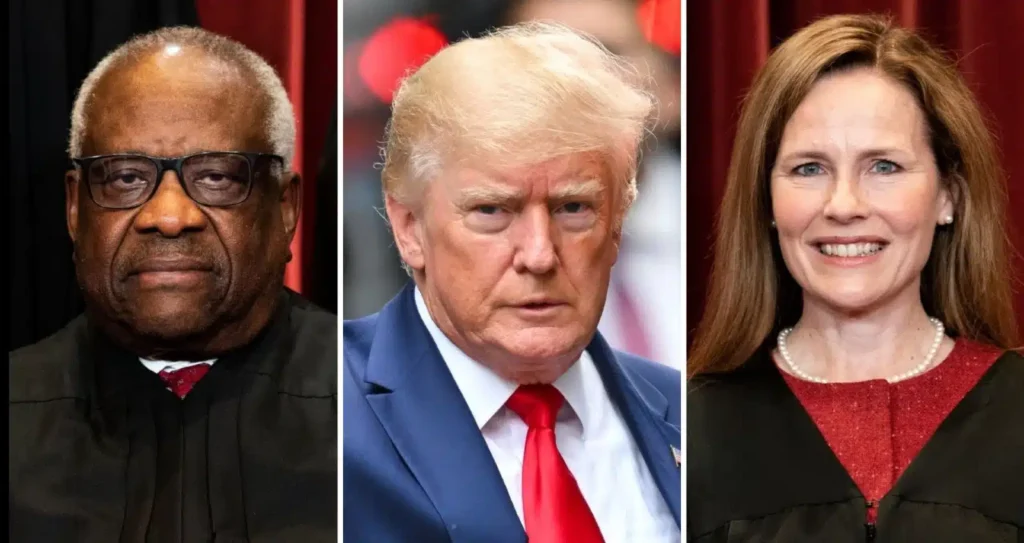On Wednesday, the U.S. Supreme Court issued a significant ruling in favor of Virginia Gov. Glenn Youngkin, allowing state authorities to initiate the process of removing up to 1,600 voters from the rolls before Election Day. Youngkin, a Republican, directed election officials in August to begin removing potentially thousands of voters whose evidence suggests they are minors or noncitizens and thus ineligible to vote.
This action allegedly conflicted with a federal law that restricts states from modifying voter rolls within 90 days of an election, which the U.S. Justice Department cited in its lawsuit to halt the purge. Although a federal judge initially sided with the Biden-Harris administration, as did a federal appeals court, Youngkin’s successful appeal to the Supreme Court now permits him to proceed with his election integrity efforts.
In their filing, state authorities say enforcement of a provision of the National Voter Registration Act defies “common sense,” and “mandates a variety of disruptive measures.” An injunction issued by the lower court will harm “Virginia’s sovereignty, confuse her voters, overload her election machinery and administrators, and likely lead noncitizens to think they are permitted to vote, a criminal offense that will cancel the franchise of eligible voters,” state officials wrote, according to CBS News.
Counterarguments by the Justice Department claimed that the Quiet Provision within the NVRA should apply to state actions and that Youngkin is targeting “only a discrete set of identified voters.” If the courts do not allow all registered voters to cast ballots, “eligible citizens will suffer unjustified burdens on their right to vote — potentially including disenfranchisement,” wrote Solicitor General Elizabeth Prelogar.
The Supreme Court justices who sided with Virginia in the 6-3 decision included the court’s conservative wing as well as Chief Justice John Roberts. Dissenting were the court’s three liberal justices: Sonia Sotomayor, Elena Kagan, and Ketanji Brown Jackson. This success in Virginia may signal similar outcomes in Alabama, where state officials faced restrictions from the DOJ during a voter purge.



